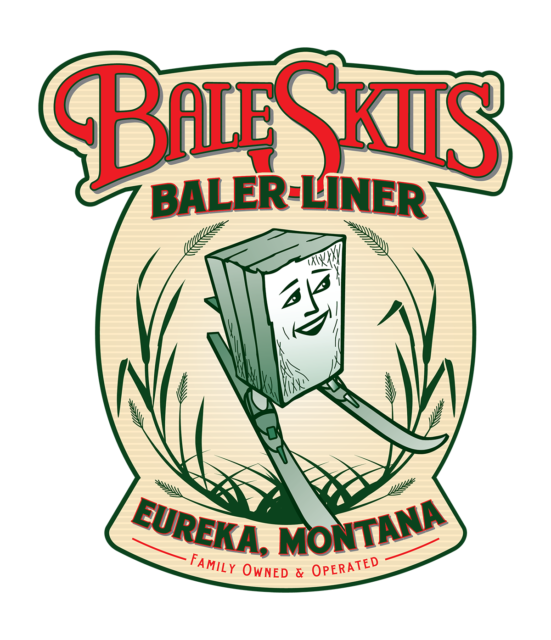She faces serious challenges: Wisconsin led the nation in farm bankruptcies last year, with an average of two dairy farms per day going out of business. And when the COVID-19 pandemic disrupted agricultural supply chains this spring, some farmers were forced to dump their milk as waste.
Despite a growing crisis in the Wisconsin dairy industry and other hardships throughout Midwest farming communities, farmers are continuing to seek opportunities to continue their legacy on the land. Bert Paris is one of those farmers, and he sees that opportunity in managed grazing. “Grazing, financially, was the best thing I’ve ever done for my business,” he said.
Paris is a part of Grassland 2.0, a newly formed collaborative group based at the University of Wisconsin (UW) – Madison that is working to create more opportunities for grazing and other types of perennial grassland farming. As a contributor to the Grassland 2.0 project, Paris joins a network of UW – Madison researchers, state and local agency staff, milk and meat processors, citizen groups and other farmers coming together to seek transformative solutions to the growing number of threats facing Midwest food and farming systems. As the project’s name suggests, it envisions a future of profitable, productive farmland that also provides many of the benefits of the region’s original prairie, such as clean water, healthy soil, biodiversity and resilience to extreme weather.
The Grassland 2.0 project is funded by a grant from the USDA National Institute for Food and Agriculture and is based at the University of Wisconsin – Madison. According to Randy Jackson, a UW – Madison researcher leading the project, this is noteworthy in itself. “We’re going to need farming practices that simultaneously produce healthy food, support thriving communities and restore ecosystem processes. Grazed perennial grasslands do that,” said Jackson.
For project information, visit the Grassland 2.0 website. ![]()
—Excerpt from Grassland 2.0 press release









